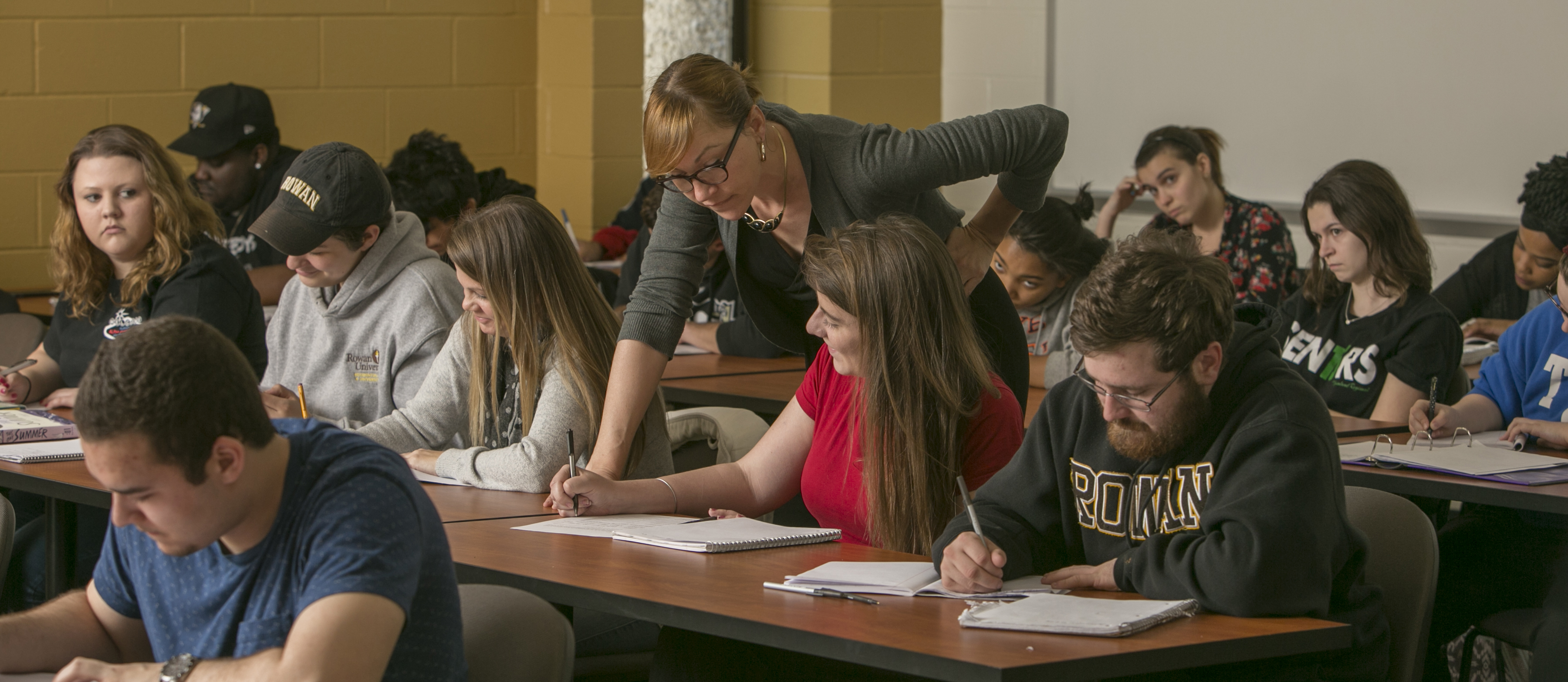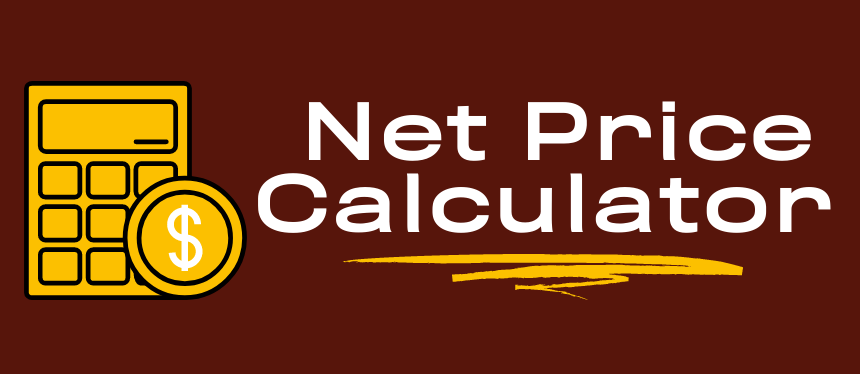Responsible Borrowing
Responsible Borrowing
Responsible Borrowing
When you view your financial aid package, compare it with your student bill. Sometimes, students have enough financial aid to cover their direct costs (tuition, fees and university housing aka charges on your student bill). When this happens, any excess financial aid is sent back to you in the form of a refund by the Bursar's Office. When you get a refund check, remember that this is your financial aid and often times there are limits to the amount you can receive. For example the Pell grant has a limit of 6 full years, the NJ TAG grant has a limit of 8 semesters and federal student loans have both annual and aggregate limits (lifetime limits). When you get a refund, it is important to think about what you will do with this money.
- Use some of it to cover your indirect cost of attendance (off-campus housing, food, personal expenses, transportation, etc.)
- Save it to pay for summer classes
- Pay it back to your loan servicer
- Ask the Financial Aid Office to reduce your loan amounts (you cannot request to reduce gift aid such as the Pell or TAG grants)
While it may feel good to get a big refund check while in school, remember, when you sign your FAFSA, you certify that you "will use federal and/or state student financial aid only to pay the cost of attending an institution of higher education". Using your refund for purchases not related to school can be a slippery slope and impact your current and future financial well-being.



